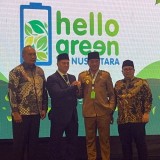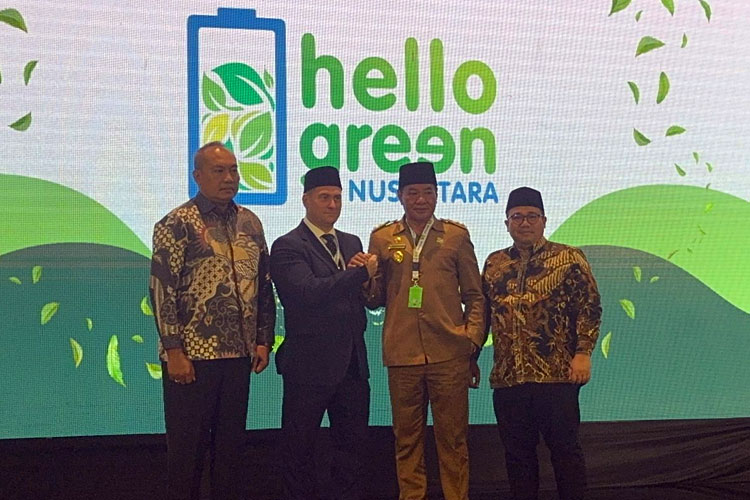TIMES AUSTRALIA, JAKARTA – In today’s fast-paced work environment, effective note-taking is crucial for staying organized. According to Cal Newport, a computer science professor and productivity expert, note-taking is more than just jotting down the ideas.
In his opinion as stated on his book called Deep Work, note-taking is about having a system that supports your mental processes and helps you manage various aspects of your work and life.
Newport highlights three types of note-taking that are essential for knowledge workers, each with its own purpose and tools to maximize efficiency.
1. Working Memory Extender
This type of note-taking is designed to expand the amount of information you can handle temporarily. Newport explains that working memory extenders are external tools, like a notepad or a digital file, where you can quickly jot down the thoughts, tasks, or information during meetings or work sessions.
The key to a working memory extender is that it acts as a temporary storage system. Once you’ve finished a task or meeting, the notes should be processed into Obligation Tracker (which will be explained below). Newport himself uses a simple .txt file on his desktop as his working memory extender.
"By using a working memory extender, you can keep track of more information than your brain can handle on its own," he said on Youtube stream. This allows you to focus on the task at hand without the worry of forgetting important details.
2. Obligation Tracker
Obligation Tracker is where you store all of the information related to your ongoing commitments—whether they’re work-related tasks or personal obligations.
Unlike working memory extenders, which are temporary, an obligation tracker is a more permanent system. Newport recommends using tools that allow you to categorize and track your responsibilities, such as Trello. Newport organizes his tasks by having one board per role, one column per obligation type, and a card for each specific task. This way, all related information is captured in one accessible place.
The goal of an obligation tracker is to ensure you’re not relying on your brain to remember every task. Instead, you have a system that frees up mental space so you can focus on completing your obligations efficiently.
3. Capturing Key Ideas
Capturing key ideas is what most people traditionally think of about the definiton of note-taking. This is where you store your insights about your work and life, from interesting articles to personal reflections or long-term goals.
Newport uses Remarkable 2 digital notebook for capturing his key ideas. Unlike the working memory extender or obligation tracker, captruing key ideas is something you might only review periodically, perhaps during a "summit" when rethinking a business strategy or personal project.
Cal Newport emphasizes the importance of keeping your systems simple but effective. He states, “You don’t need complicated note-taking systems to successfully take notes. Just make sure those three areas—working memory extender, obligation tracker, and key ideas—are covered with some reasonable technique or system, and then you’re doing a fine jobend
Newport also highlights the importance of separating different types of notes to maintain clarity.“Don’t mix everything together... You need some separation for note-taking to keep up with the complexity of modern life,” he stated.
By following these guidelines, you can streamline your thoughts and better manage your workload. At the end, note-taking will also ensure that you are more focused and productive throughout the day. (*)
Artikel ini sebelumnya sudah tayang di TIMES Indonesia dengan judul: The Benefit of Note-Taking Beyond the Modern World
| Writer | : |
| Editor | : Khodijah Siti |

























